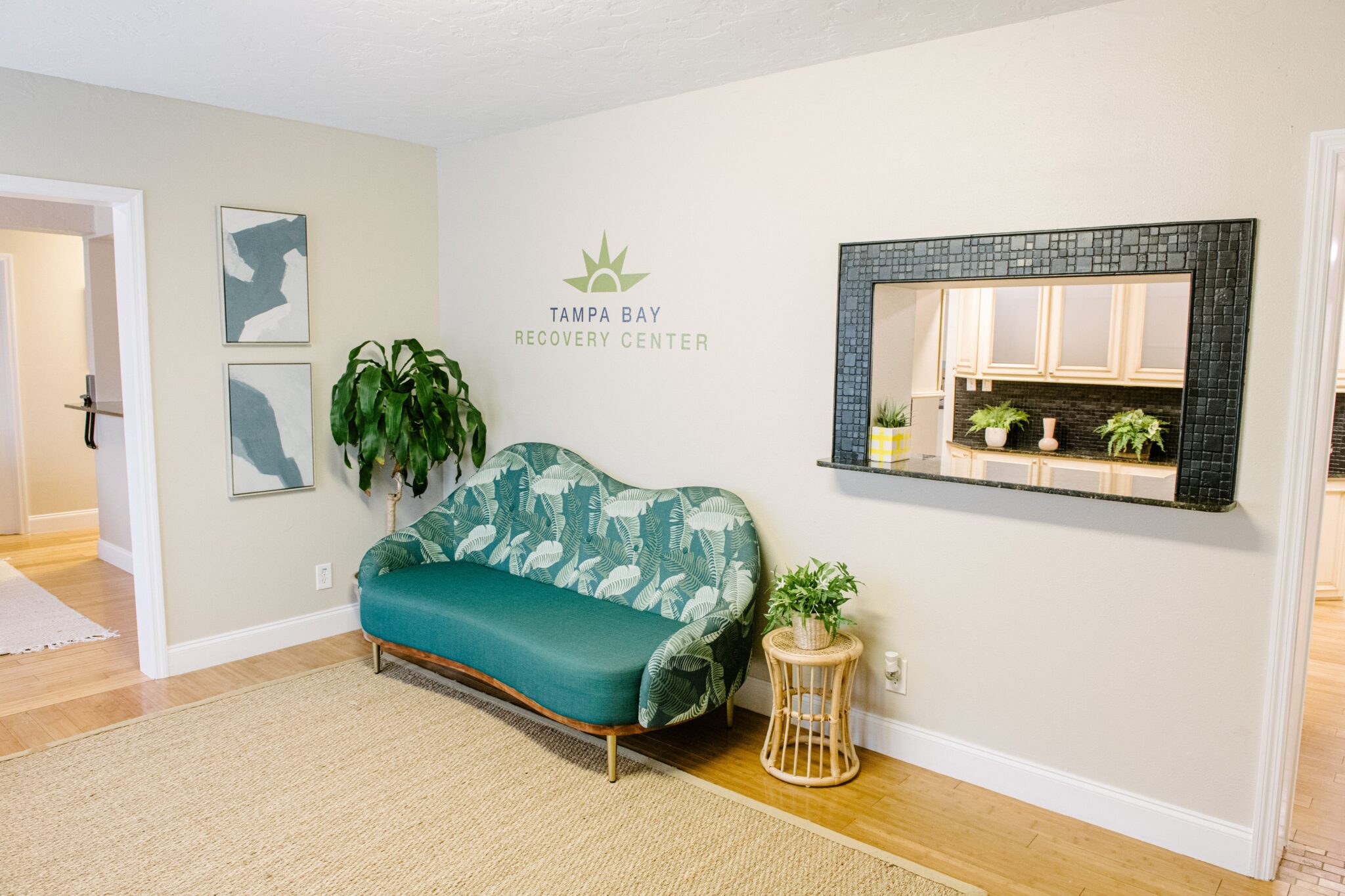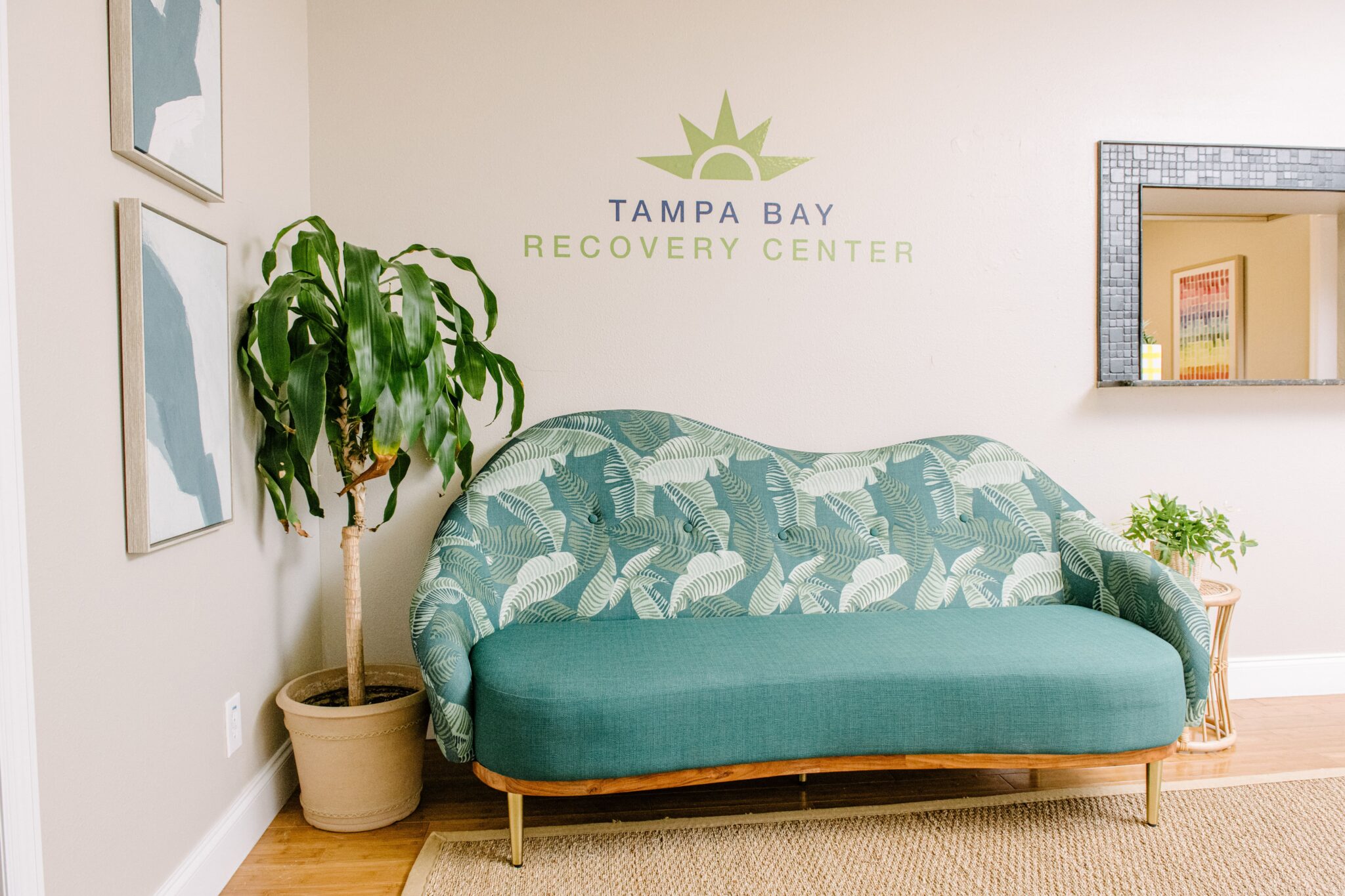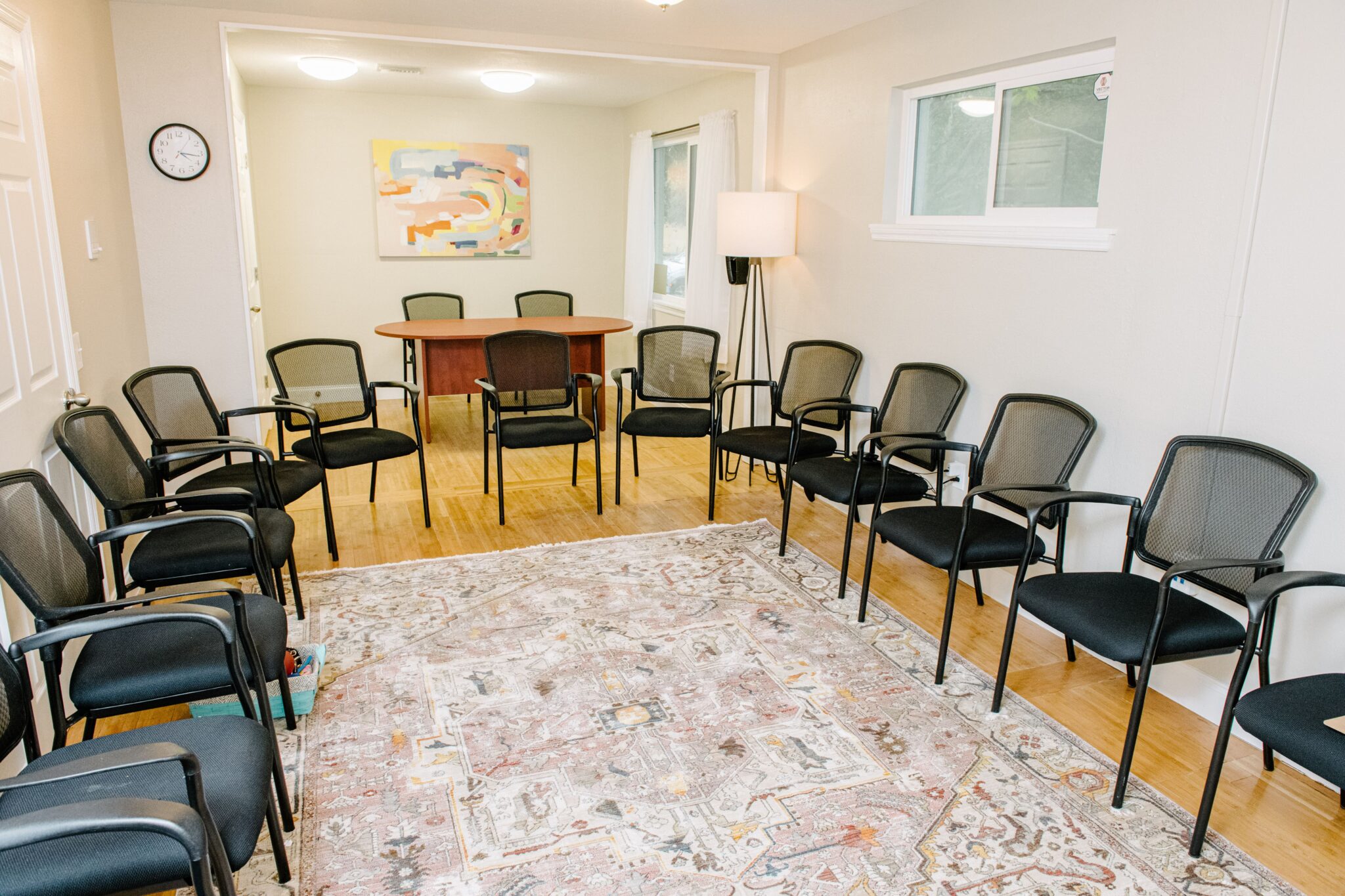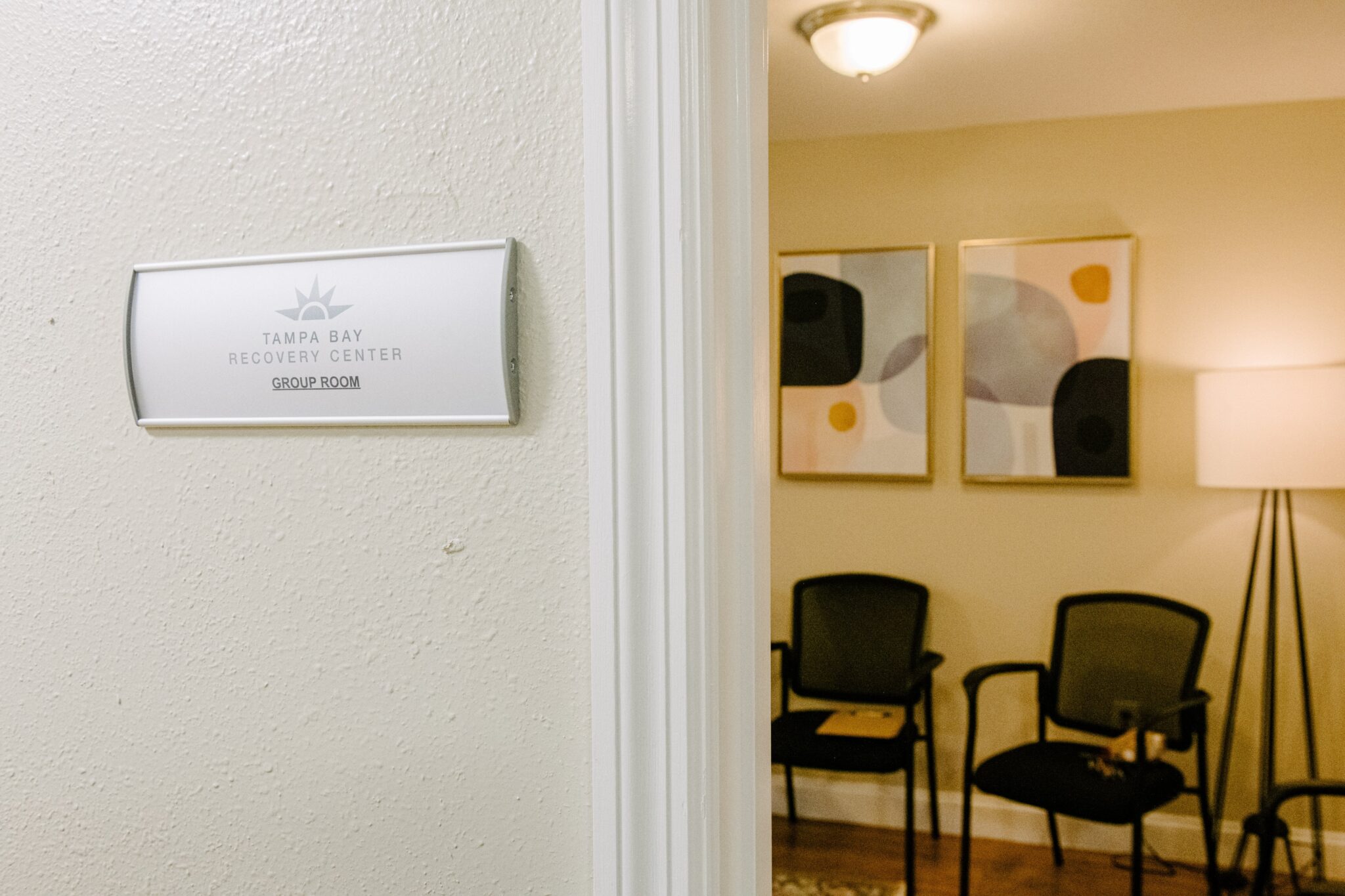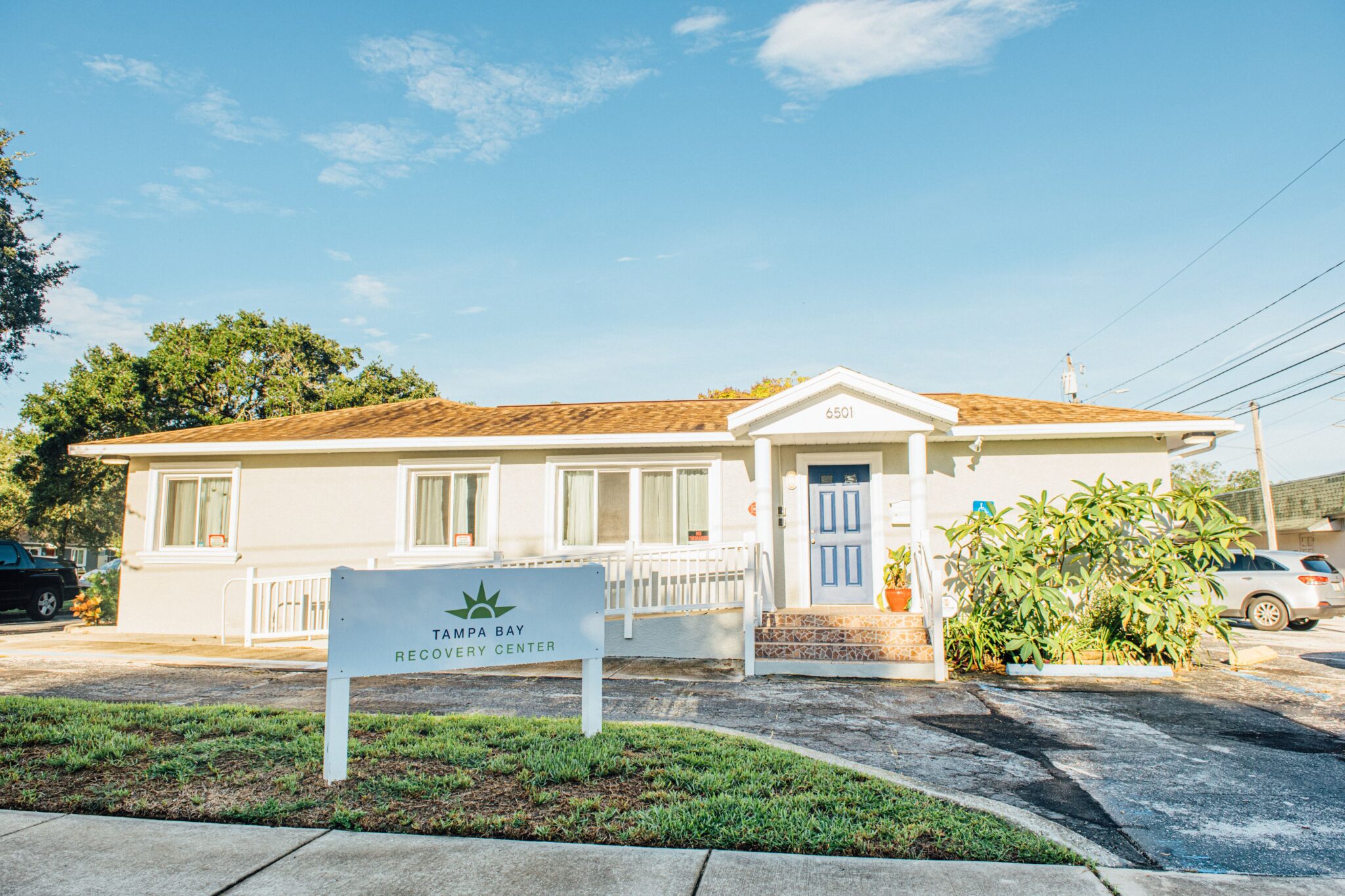Home Finding the Best Rehab in Florida

How to Find the Best Drug and Alcohol Rehab in Florida
Take Back Control:
Contact Us Now
Addiction and mental health disorder effects the lives of millions of Americans each year. Contact Creekside Recovery Group today to get the help you deserve.
TOUR
Tour Our Outpatient Detox Facility
Common Withdrawal Symptoms During Detox
- Lethargy
- Insomnia
- Headaches
- Nausea and vomitting
- Diarrhea
- Shakiness
- Sweating
- Muscle and body aches
- Flu-like symptoms
- Cognitive difficulties
- Hallucinations
- Seizures
- Delirium tremens
- Substance cravings
Ready to Escape Addiction? Let’s get Started
Tampa Bay Recovery Center is a premier leader in the provision of addiction treatment services. If you or someone you love is in need of professional care to address a substance use disorder, reach out to us right now at (813) 733-8774 to speak with an admissions specialist who can get you started on the road to recovery.
How Do I Know if Outpatient Detox is Right for Me?
While not everyone qualifies for outpatient detox in Tampa, one factor that makes outpatient the right choice is if the person is not expected to have severe withdrawal symptoms. These can occur when withdrawing from a severe alcohol, fentanyl, or Xanax addiction. An initial evaluation of a person’s specific situation and treatment needs allows us to decide if outpatient is right for them. If we anticipate they will do well with this type of treatment, we will recommend it. There are a number of substances that cannot take place in an outpatient basis that includes:
Benefits of Outpatient Detox in Tampa Bay
Outpatient detox allows clients to continue to meet obligations related to work, school, and their families. Additionally, living at home allows the individual access to the support of family and friends. This can make it easier to navigate the challenges of going through detox.
Outpatient rehab programs are quite similar to residential ones in terms of services provided. Many of the same types of treatment modalities are offered with outpatient care. This includes different types of therapies proven to help people going off drugs and alcohol. Outpatient detox also includes options for medications that help stabilize a person experiencing uncomfortable withdrawal symptoms. Our staff monitors for the symptoms and offers both medical and psychological options for medications. This means helping minimize physical symptoms while also helping ease feelings such as anxiety or depression.
As well, outpatient treatment costs less than residential care. This can be a real benefit for those interested in a lower-cost program with true flexibility.
Overcome Addiction with evidence-based, expert care.
How Long Does Detox in Tampa Last?
Detox can be a minimum of one week, however can last longer depending on each individual’s needs. Detox allows the body to release the toxins built up during addiction, however can cause withdrawal symptoms which can be emotionally and physically uncomfortable.
Does Insurance Cover Detox?
Yes, most major insurance providers can cover most if not all of the cost of treatment. To get more info, on your insurance benefits, verify your insurance benefits now.
Find Detox in Tampa Today
Tampa Bay Recovery helps people take that all-important first step to become sober. Our outpatient detox in Tampa allows people to enjoy the comforts of living at home while still seeking addiction treatment. We monitor each individual for withdrawal symptoms and provide effective help in minimizing any discomfort they experience. The people we treat get the advantage of physical and emotional support that helps them complete the detox process. Would you like more information about our outpatient detox treatment program? Visit our admissions page now and see how easy it is to get started.
Call 813-733-8774
Insurance Can Cover Up to 100% of costs
We Accept Most Insurance. Please Note We Are Not Affiliated With Or Endorsed By Insurance Companies.
CONTACT US
We Are Always Here For You
Our compassionate team is ready to assist you—contact us now for confidential support tailored to your needs!

